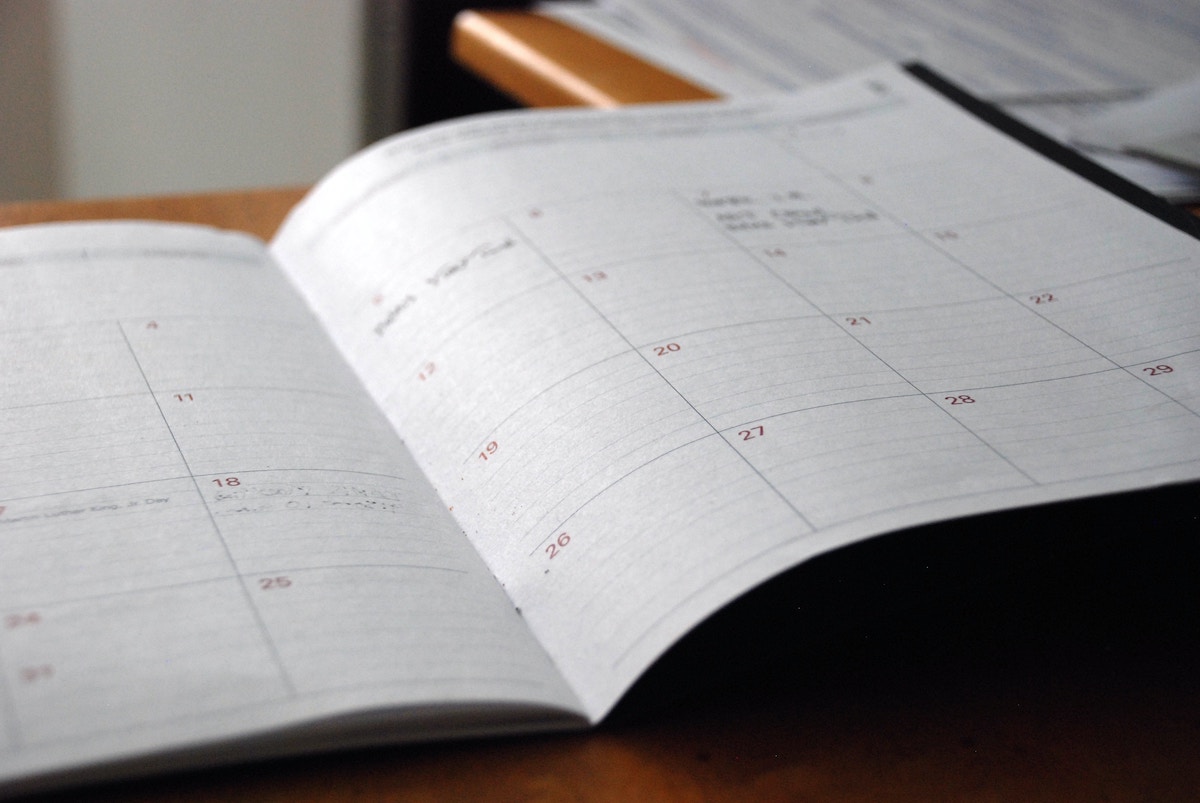As you start your career as a professional coach, maintaining an updated coaching log is going to be part of your daily or weekly task. Tracking your sessions is of the utmost importance because you will need to provide the information about your experience at some point – to a professional organisation, on your website, to a potential client who inquires about it. You want to have the data ready and not have to spend days looking for sessions that happened months or years ago.
In this article, we will talk about what to track in your coaching log. It can be more than a simple spreadsheet for your sessions. Let’s look into what’s required for credentialing but also what you can add to your log to better understand and elevate your coaching practice.
THE ESSENTIAL
1. CLIENT INFORMATION
The most important information to collect is about your clients. In your log, you need to collect their name and email address or phone number. This is not just for your own records, but also for the professional organisation you will join as a credentialed coach. They may ask you for this information to audit your log and verify that the information you stated about your experience is accuate.
Before you add the name and contact details of your clients, make sure to ask permission to track this data in your initial coaching agreement. Your clients should know that you are keeping a log for credentialing purpose and that it may imply being contacted by the professional organisation. You want to avoid a surprise email or phone call they were not expected, which will look like a breach of confidentiality.
2. SESSION DATE & LENGTH
For each client, track the dates and length of the coaching sessions they complete with you. This information not only assists in meeting the credentialing requirements but it also helps you see patterns in your coaching practice. You will be able to see the number of sessions and clients per week, per month, per year. You’ll be able to measure the growth year over year and also forecast how long it may take you to reach a certain amount of coaching hours
3. INDIVIDUAL OR GROUP SESSION
Whether you run individual sessions, group sessions, or both, you need to include the information in your log.
Group sessions only count for 1 session – you can’t multiple the coaching hours based on the number of people who attended.
4. PAID OR PROBONO
Last but not least, you will need to track whether the session is paid or probono (free). The EMCC doesn’t have a specific threshold, but the ICF imposes a maximum amount of probono sessions for each credential level.
OTHER INFORMATION YOU CAN TRACK
5. TYPE OF COACHING
You may add a column to your log to track the type of coaching the session was about. Was it career coaching, leadership coaching, life coaching, parenting coaching? To maintain confidentiality, avoid writing the specific topic discussed in the session.
It may be interesting for you to keep track of the specialty the client required in that moment. You may be providing a service that people find interesting, but what they end up needing is something different. It will be useful to have the data available to you so you can make an informed decision on where you want your practice to go.
6. ONLINE OR IN-PERSON
Online coaching exploded during the pandemic, and we’re now seeing a comeback to in-person sessions. If you are offering both, you may also want to add a column to track the information. This won’t be needed for your credential application, but it may be good for you to have the information in case you aim at changing the way you facilitate coaching sessions with your clients.
TRACK MORE INFORMATION IN ONE FILE
Feel free to make the coaching log yours by adding as much information as you need. Just always be mindful of the information you track about your clients. If you track any personal information about your clients, it should be because you need it for your practice.
There are a few things that you can track that are not about your clients:
- Your professional development: throughout the course of your coaching career you will read books, attend webinars, finish courses – all of this will count as continuing professional development when it comes to renewing your credential. Believe us when we say that if you don’t track all that as you go, you will not remember all that you did when it is time to submit your renewal application.
- Your client’s feedback: some clients may write a formal testimonial, other will give you feedback during the session or in an email – you can add a tab to track the feedback you’ve received from your coaching clients.
- Your reflections: even though a spreadsheet may not be the best tool to track reflections, you can still use your coaching log as a way to jot down quick notes on the way you’ve felt in a session. This will allow you to get into the habit of reflection and start seeing patterns.
LET'S STAY IN TOUCH
If you want to hear from us about all things coaching and not miss any new articles, sign up below 👇
Thank you!
We hope you like the content we will share.




